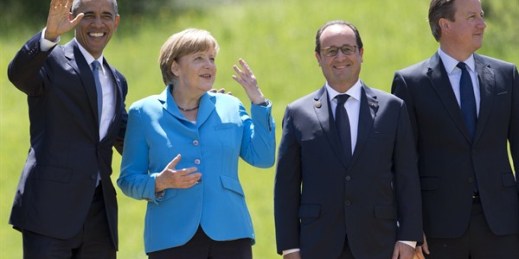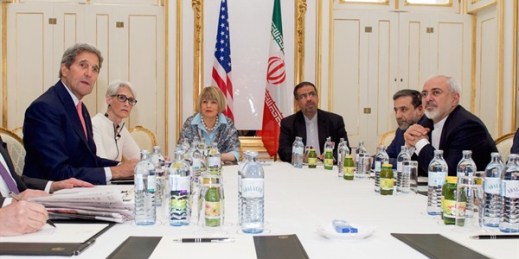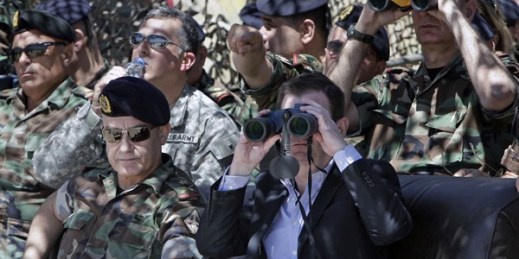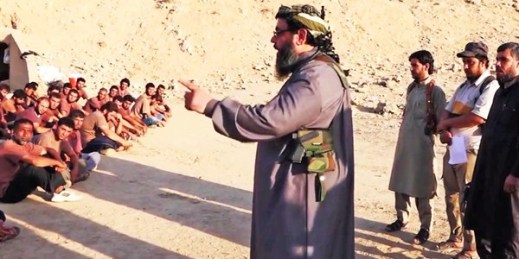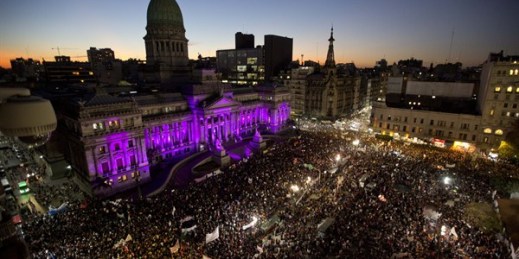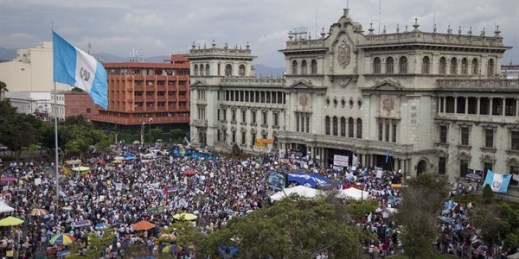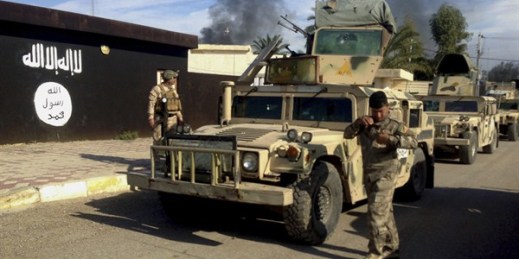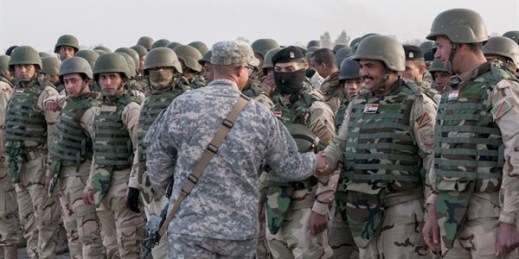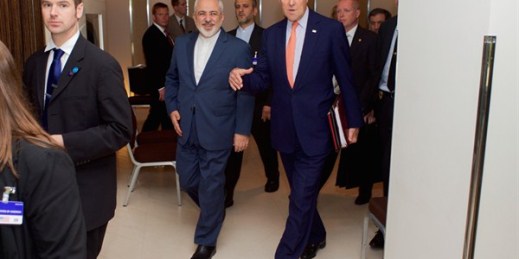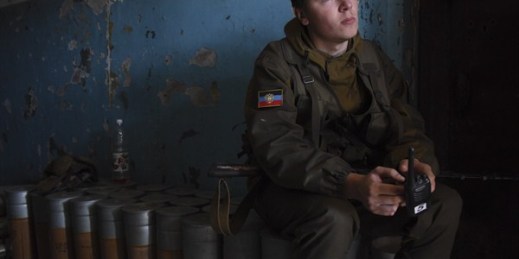
In a speech at last week’s annual conference of the Center for a New American Security, Deputy Secretary of State Antony Blinken described Russia and China as presenting a common challenge to the U.S.-backed “global order,” a characterization that echoes that of various Western think tanks and scholars in recent months. Elaborating, Blinken said, “In both eastern Ukraine and the South China Sea, we’re witnessing efforts to unilaterally and coercively change the status quo . . .” The United States, he said, would counter by “seizing America’s unique capacity to mobilize against common threats and lead the international community to […]

